NuScale E2 Center opens at Ohio State

NuScale Power Corporation this week announced the opening of its Energy Exploration (E2) Center at the Ohio State University in Columbus.


NuScale Power Corporation this week announced the opening of its Energy Exploration (E2) Center at the Ohio State University in Columbus.
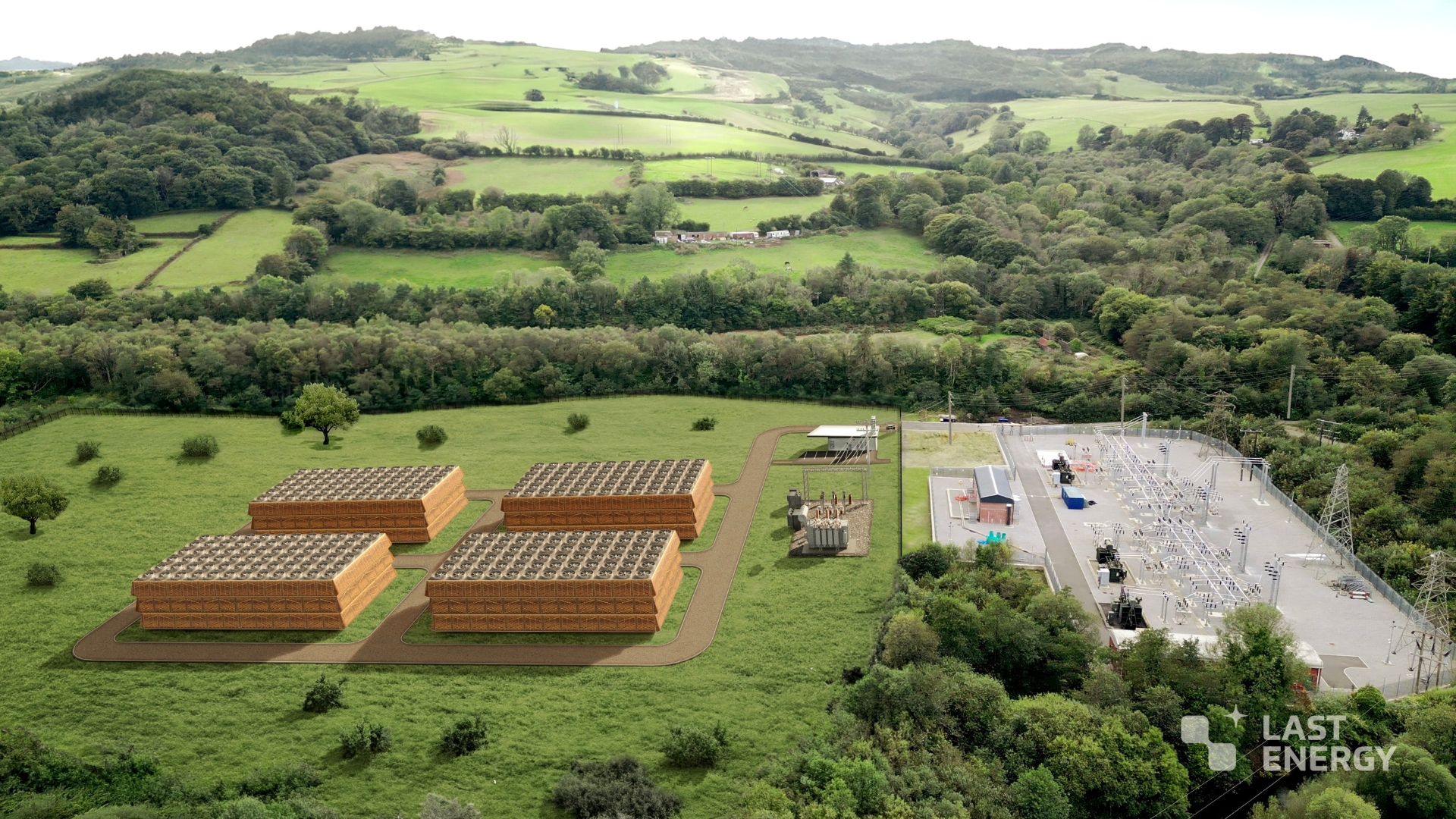
American start-up Last Energy has received a letter of interest from the Export-Import Bank of the United States (EXIM), confirming the bank’s willingness to move forward with due diligence for $103.7 million in financing for the company’s project in southern Wales.
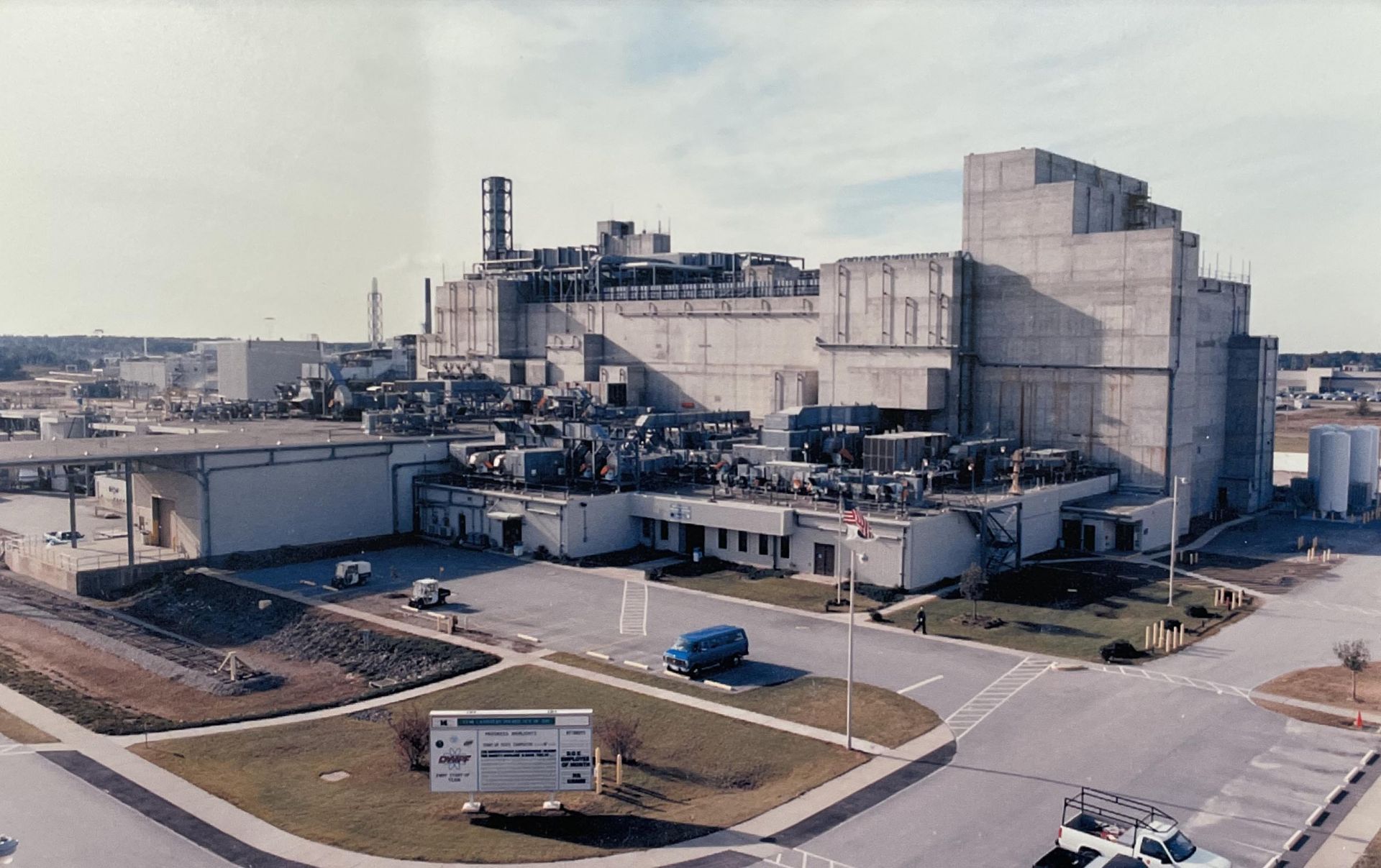
In 1989, the Savannah River Plant was renamed the Savannah River Site. It was originally established in 1950 near Aiken, S.C., to produce nuclear materials for the nation, primarily for defense purposes. The site consisted of a heavy water production plant, three fuel fabrication facilities, five production reactors, two nuclear separation facilities, waste management facilities, tritium processing facilities, and the Savannah River National Laboratory. The main isotopes produced were, by priority, tritium, plutonium-238, and plutonium-239.

Just one day after Urenco USA (UUSA) was picked by the Department of Energy as one of six contractors eligible to compete for future low-enriched uranium task orders, the Nuclear Regulatory Commission on December 11 formally approved the company’s license amendment request to boost uranium enrichment levels at its Eunice, N.M., enrichment facility to 10 percent fissile uranium-235—up from its current limit of 5.5 percent.
The following standards from the American Nuclear Society were published in 2024 and are available in the ANS Store:
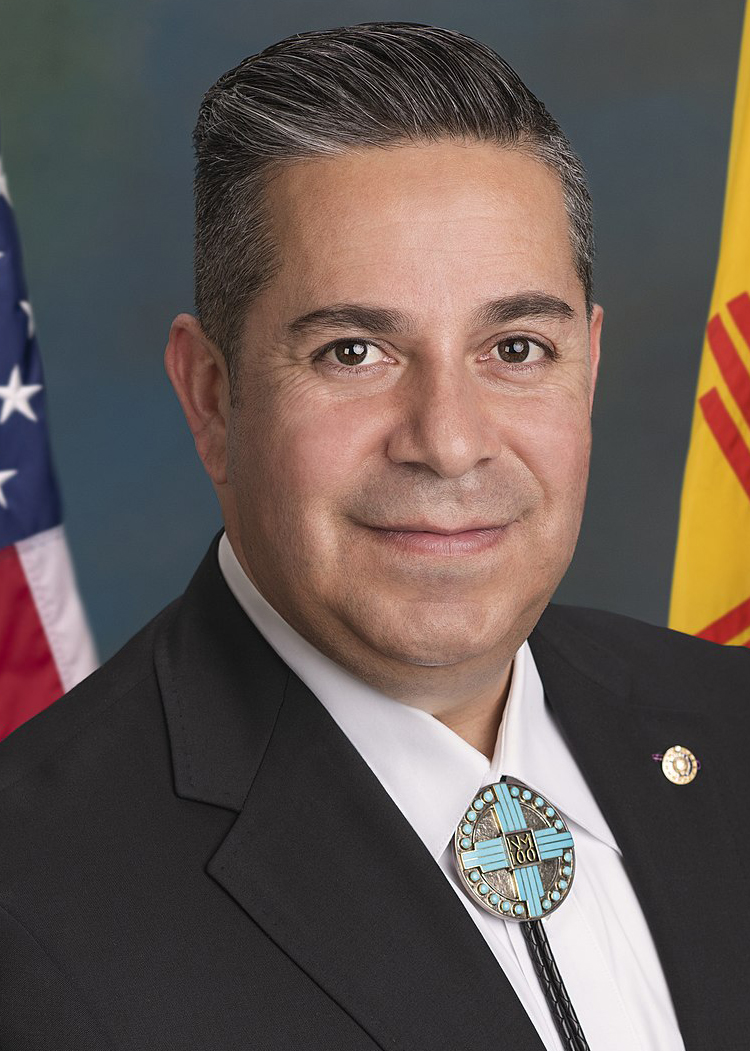
Lujan
Legislation that aims to leverage the best available science and technology of U.S. national laboratories to support the cleanup of legacy nuclear waste has been introduced in the Senate by Sen. Ben Ray Luján (D., N.M.).
The Combining Laboratory Expertise to Accelerate Novel Solutions for Minimizing Accumulated Radioactive Toxins (CLEAN SMART) Act, introduced on December 12, would codify and fund the Department of Energy to accelerate the development, demonstration, and deployment of breakthrough technologies and innovations for nuclear waste cleanup.
Legacy waste: Currently, the DOE’s Office of Environmental Management is responsible for the remediation of 15 legacy sites across the United States that hold nuclear waste from the Manhattan Project and the Cold War era. According to Luján, the cost to decommission these remaining sites continues to grow and is estimated to be nearly $700 billion, for a completion date near the end of the century.
Work to prepare Hanford’s Reduction Oxide Plant (REDOX) for decontamination and demolition has been put on hold as the Department of Energy shifts focus to higher-priority work at the nuclear site in Washington state.
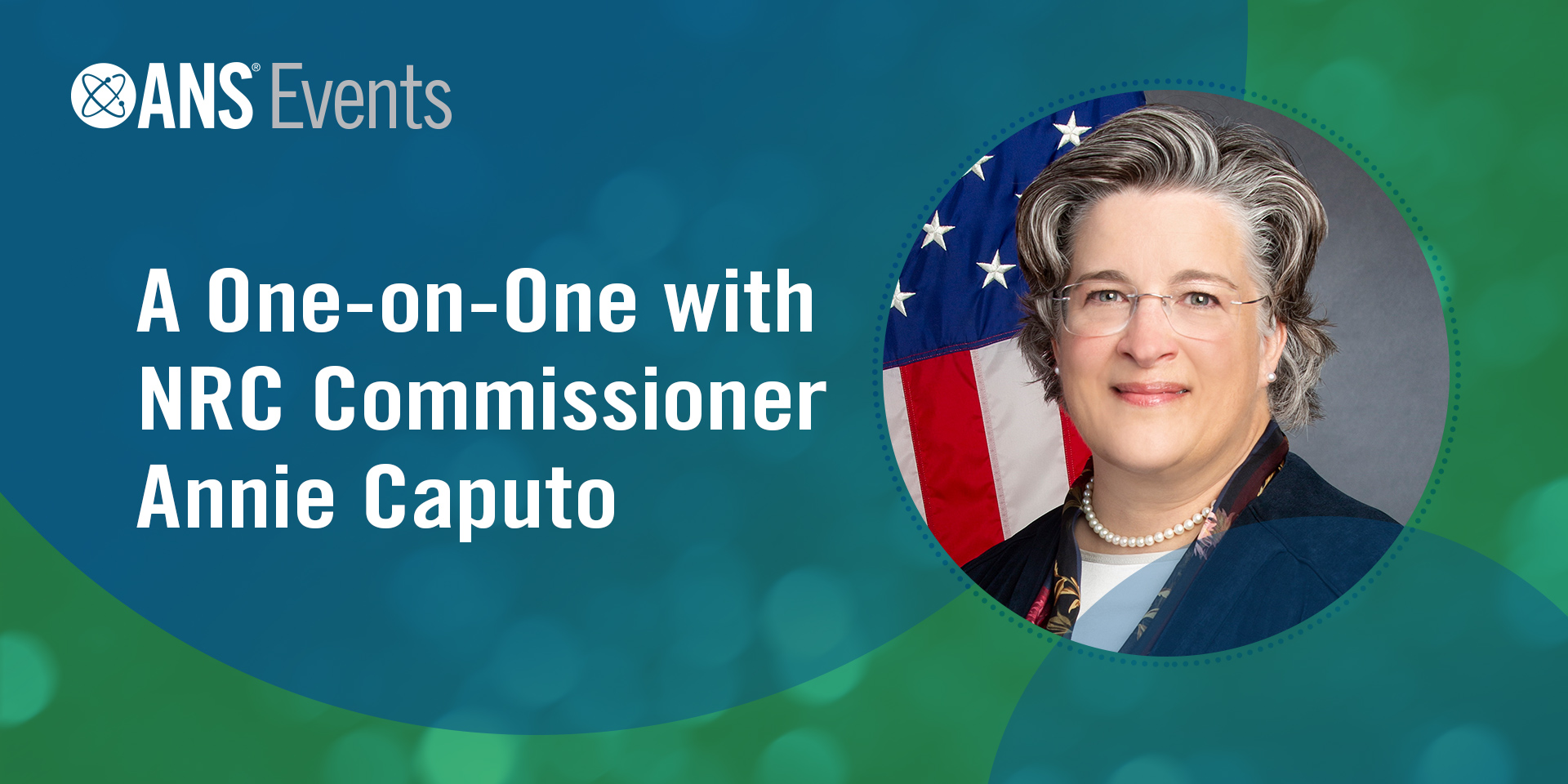
In a one-on-one interview with the American Nuclear Society’s chief executive officer/executive director Craig Piercy, Nuclear Regulatory Commission commissioner Annie Caputo shared her journey in the nuclear community and her vision for the future of nuclear energy.

Pointing to the consequences of ignoring the perils of nuclear weapons, Rafael Mariano Grossi at last week’s Nobel Peace Prize forum called for diplomacy and dialogue to reduce nuclear tensions.
Read Grossi’s full speech and watch his keynote address here.

Jay F. Kunze
We welcome ANS members with long careers in the community to submit their own stories so that the personal history of nuclear power can be captured. For information on submitting your stories, contact nucnews@ans.org.
I was born and raised in Pittsburgh, Pa. In 1959, I received my Ph.D. in experimental nuclear physics utilizing the 400-MeV synchrocyclotron at Carnegie Mellon University, involving measuring the scattering of pi-mesons from protons (as a liquid hydrogen target). I joined ANS in January 1960.
I later joined General Electric’s Aircraft Nuclear Propulsion project to build a nuclear jet engine at the National Reactor Testing Station at Idaho Falls (now Idaho National Laboratory). In January 1961, the U.S. Army’s experimental nuclear reactor SL-1 blew up, killing three army personnel. At first, the Air Force would not permit General Electric to take part in the cleanup, but after the Aircraft Nuclear Propulsion project was canceled by President Kennedy in March, GE took on the SL-1 disassembly and analysis project. I oversaw the analysis, which took nearly two years.
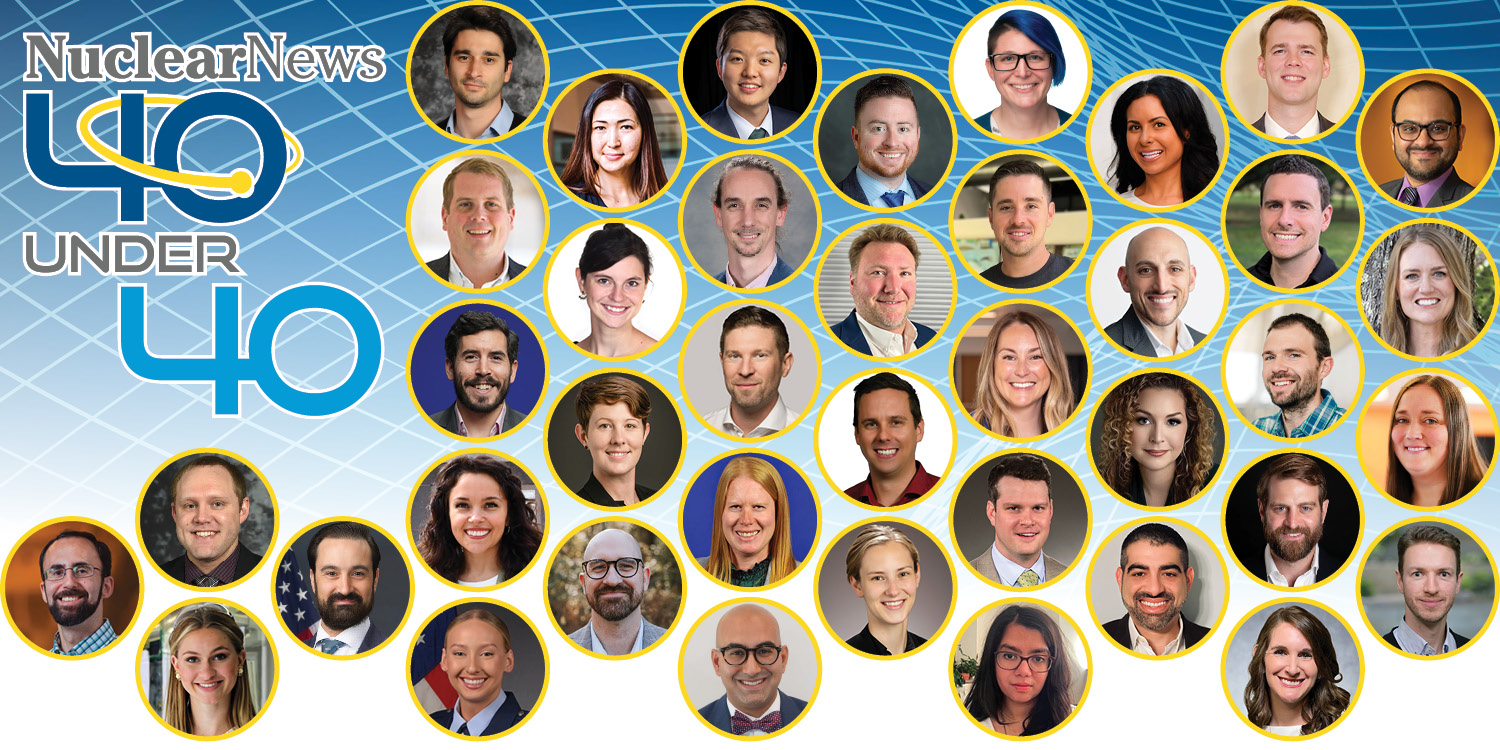
Welcome to the inaugural Nuclear News 40 Under 40! A year in the making, this list was a difficult undertaking for the NN staff, there being so many qualified and enthusiastic candidates to review. The task was further complicated by the great diversity of roles that exist within the nuclear community—from academia to labs and from utilities to government positions. Whatever their specific niche, those selected represent the exceptional talent, vision, and drive that is transforming the nuclear sector across the community. These 40 young professionals have shown remarkable commitment, innovation, and leadership in advancing nuclear science and technology, paving the way for a future in which nuclear power and applications will continue to play a vital role in addressing global challenges.

Houghtalen
The promise of nuclear power—clean, dispatchable, and reliable—positions it to match the ambitions of tech, industrial, and utility giants. But how do we turn ambition into action?
Uncertainty around nuclear energy’s capital cost is daunting, and the financial risk of pioneering new builds must be addressed.
Reliable nuclear power has incredible lifetime value. The ultimate project cost will pencil out over 40 or more years. We must focus on reducing the key risk: construction cost uncertainty for new nuclear.
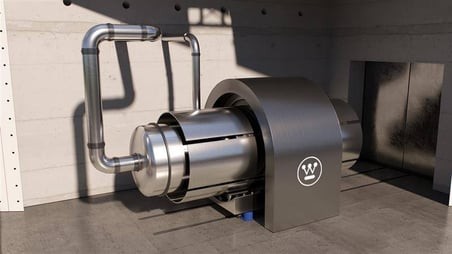
Westinghouse Electric Company’s eVinci Advanced Logic System (ALS) Version 2 (v2) instrument and control (I&C) platform has received approval from the U.S. Nuclear Regulatory Commission through a final safety evaluation report on two topical reports.
The eVinci is now the first and only microreactor with an I&C system approved by the NRC, which opens a path to autonomous operation. The approvals also allow the ALS v2 platform to be used by any reactor currently in the U.S. fleet.
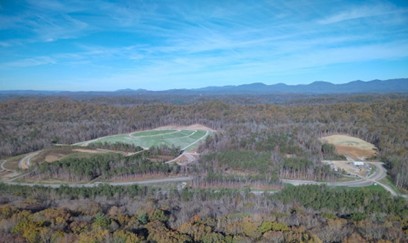
The Department of Energy’s Oak Ridge Office of Environmental Management (OREM) and contractor United Cleanup Oak Ridge (UCOR) have finished fieldwork and have begun monitoring groundwater elevations for a study at the Environmental Management Disposal Facility (EMDF) project site in Tennessee.
A nuclear engineer, former reactor operator, and nuclear navy educator earned U.S. Senate approval today to take a seat on the Nuclear Regulatory Commission.
Matthew Marzano was confirmed in a 50–45 vote in the Senate and steps into an existing five-year term that will expire June 30, 2028. He joins the five-member commission, which has been without a tiebreaker vote since June 2023, when Jeff Baran’s term expired.
Marzano brings more than a decade of industry experience both working in nuclear plants and advising energy policy on Capitol Hill.
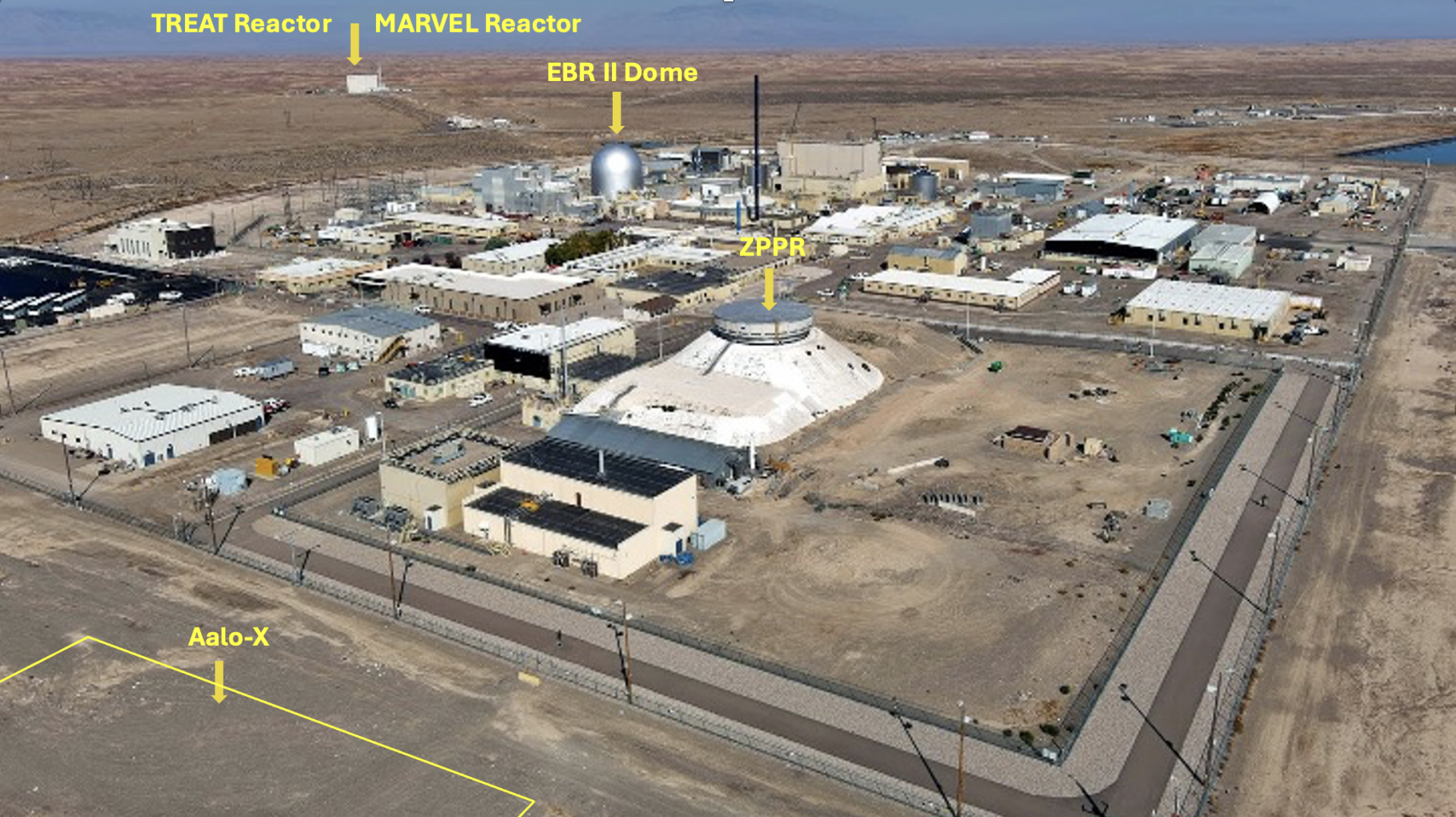
Aalo Atomics and the Department of Energy announced yesterday that the company has worked with Battelle Energy Alliance and the DOE’s Idaho Operations Office to develop a plan—described as “provisional,” “potential,” and “tentative”—to grant Aalo a one-acre plot of land at Idaho National Laboratory site to build a new facility that would house an experimental reactor. Aalo hopes the reactor, dubbed Aalo-X, will help the company license and commercialize Aalo-1, a 10-MWe sodium-cooled reactor.

Craig Piercy
cpiercy@ans.org
This month’s Nuclear News features our inaugural 40 Under 40 list of the brightest rising stars in the nuclear field.
The time has clearly come for this feature. The current resurgence of nuclear isn’t just a technological transformation; it’s also a changing of the guard. Consider this: For the first time in modern history, the American Nuclear Society has more members under the age of 40 than over the age of 60.
Of course, for as long as I can remember, the nuclear workforce has always been a bit of a double-humped demographic camel. Picture a nuclear workforce age chart and you will see two distinct peaks, or what a statistician might call a “bimodal distribution.” “Peak 1” is on the right and is centered over the Baby Boomer generation, many of whom entered the industry in its heyday of the 1960s and ’70s. These are the men and women who built the nuclear enterprise as we know it today.
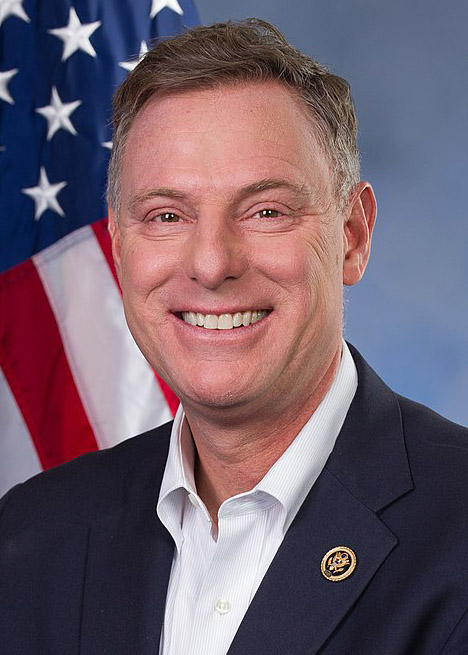
Peters
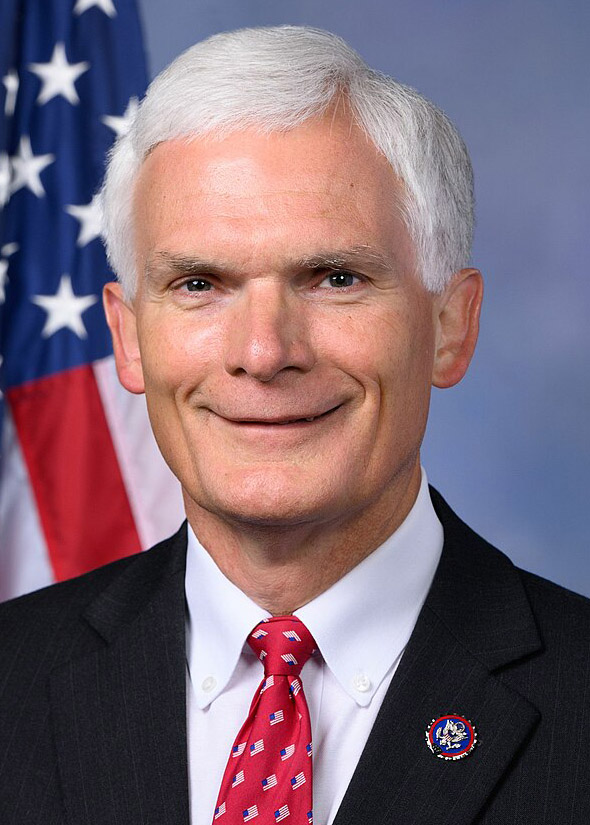
Latta
To streamline the licensing requirements for nuclear fuel recycling facilities and help increase investment in nuclear energy in the United States, U.S. Reps. Bob Latta (R., Ohio) and Scott Peters (D., Calif.) have introduced the bipartisan Nuclear REFUEL Act in the House of Representatives.
The bill, introduced on December 6, would amend the definition of “production facility” in the Atomic Energy Act, clarifying that a reprocessing facility producing uranium-transuranic mixed fuel would be licensed only under 10 CFR Part 70. According to the lawmakers, this single-step licensing process would significantly streamline the licensing requirements for fuel recycling facilities.

Cambridge, Mass.–based fusion startup Acceleron Fusion announced that it has closed a $24 million Series A funding round co-led by Lowercarbon Capital and Collaborative Fund. According to Acceleron, the funding will fuel the company’s efforts to advance its low-temperature muon-catalyzed fusion technology.
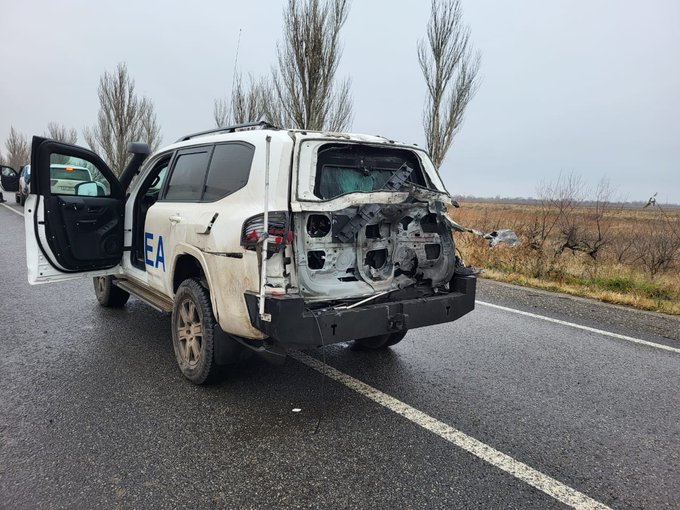
A drone targeted and damaged an official vehicle of the International Atomic Energy Agency on December 10 as it traveled toward the front line in eastern Ukraine during a rotation of IAEA teams at Ukraine’s Zaporizhzhia nuclear power plant (ZNPP). In a video message, IAEA director general Rafael Mariano Grossi condemned the strike as an “unacceptable” attack on IAEA staff working to prevent a nuclear accident during a military conflict.